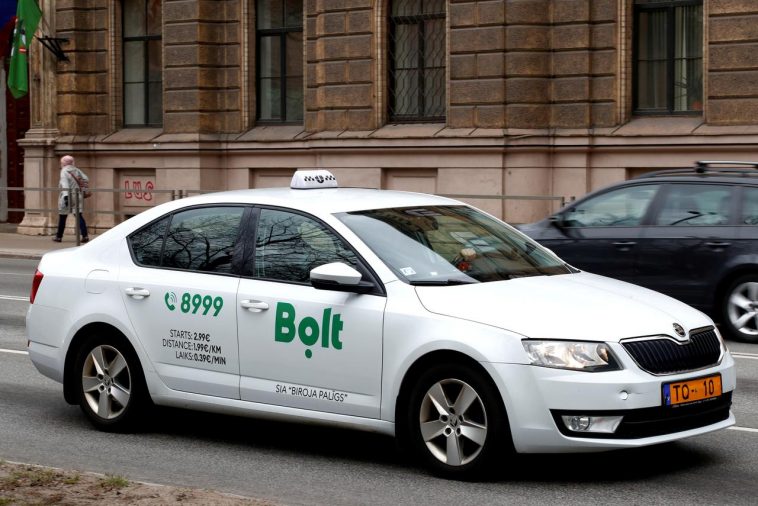Tunisia is seeking to suspend Bolt, one of the country’s leading ride-hailing services, following allegations of tax evasion, money laundering, and operating without the necessary licenses. According to a statement from the transport ministry, authorities have seized 12 million dinars ($3.8 million) from accounts connected to several ride-hailing apps, including Bolt, accusing them of illegally transferring funds abroad.
This move comes as Tunisia plans to introduce a state-backed ride-hailing app aimed at controlling fares and regulating the sector. The transport ministry states that the new app, which has yet to be named, will set price limits at 1.5 times the traditional taxi meter rate while addressing drivers’ calls for higher rates.
“The national app will offer services to all passengers through registered taxis and official channels,” the ministry’s statement read. “It will include features similar to those found in international platforms, such as digital payments and real-time trackin
Bolt has rejected the allegations, calling them “completely unfounded.”
“All actions by local authorities have been carried out without the involvement of an investigating judge,” Bolt told TechCabal. “We have not had the opportunity to contest the authorities’ accusations, which has prevented us from defending our rights.”
The company warned that banning foreign ride-hailing firms would set a “worrying precedent” and negatively impact market competition. Bolt maintains that its operations in Tunisia comply with local laws.
The ministry stated that the plan is part of broader efforts to reform the transportation sector, aiming to “preserve the local market and ensure revenues remain within Tunisia, unlike foreign-based apps that send earnings abroad.”
In addition to Bolt, other ride-hailing services like Yassir, Heetch, and the local platform Amigo currently operate in Tunisia. However, large international companies such as Uber and Careem have not yet entered the market.
“Bolt’s ride-hailing services will remain fully operational in Tunisia, and our drivers and customers will continue to use the app as usual,” the company confirmed.
As the government tightens its control over the ride-hailing industry, the debate over market dominance—and the role of foreign companies—remains unresolved.

Join our WhatsApp Channel for the latest updates on tech, startups, and venture capital across Africa! 


 We just launched our WhatsApp channel. Want to get the latest news from the Tech in Africa?
We just launched our WhatsApp channel. Want to get the latest news from the Tech in Africa?









